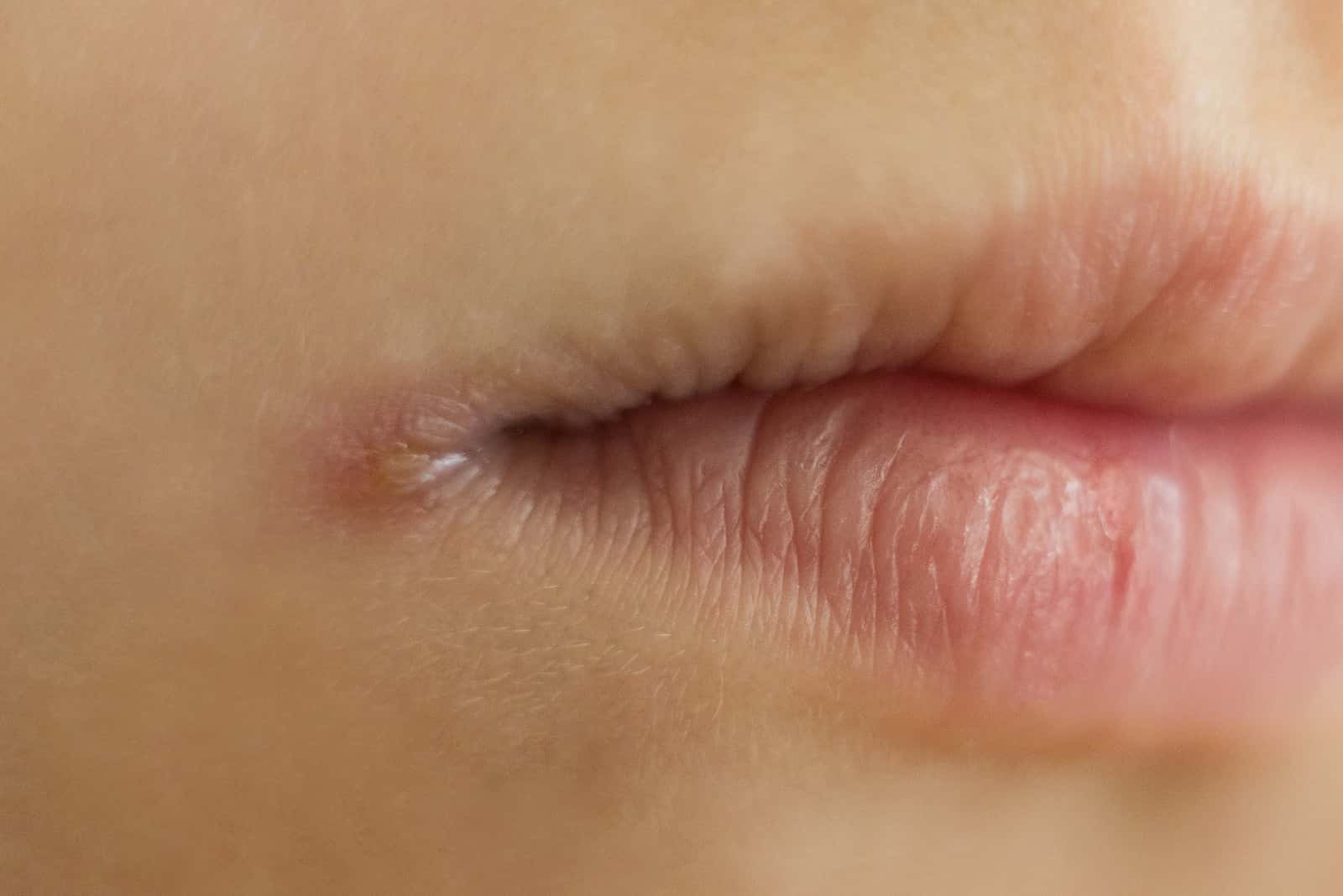
From time to time, we hear from people with painful cracked lips looking for an explanation and, hopefully, a way to address the problem. If the cracks have appeared at the corners of the mouth, as they usually do, doctors have multiple names for the condition. They may call it angular cheilitis, perlèche, cheilosis or angular stomatitis. Sometimes moisture at the corners of the mouth makes the area vulnerable to a fungal infection, which can be cured with antifungal cream. But in other situations, the cracks may be a red flag for a more serious condition, celiac disease.
Are Painful Cracked Lips a Symptom of Celiac Disease?
Q. My daughter had long suffered from angular cheilitis, sometimes accompanied by headaches. She had fresh cracks at the corners of her mouth when she saw a new dentist. He immediately diagnosed the cause as gluten intolerance.
She adjusted her diet to avoid gluten. My daughter is careful to research where and how gluten appears in food and has lived pretty much clear of the condition since then. Occasionally she will eat something with unknown or mislabeled gluten content, and bingo, the cracking will appear in short order.
A. We don’t know if your daughter has an allergy to gluten or if she might have celiac disease. People with the autoimmune condition celiac disease cannot tolerate gluten at all. This protein is found in wheat, barley and rye. As you’ve noted, it may show up in some unexpected foods such as soy sauce, salad dressing or meat substitutes.
There are many possible symptoms of celiac disease, but people with frequent bouts of canker sores or angular cheilitis (painful cracked lips) should be checked for this condition (American Family Physician, March 1, 1998). Severe itching (dermatitis herpetiformis) can also be a symptom.
Painful cracked lips like your daughter’s may be associated with fungal infection or vitamin deficiency, particularly B vitamins (Journal Canadian Dental Association, Sep. 2009). Celiac disease itself may often trigger nutrient deficiencies (Nutrients, Oct. 23, 2019).
Diagnostic Difficulties Slowed Treatment of Pailful Cracked Lips:
Q. I suffered from chronic angular cheilitis for years, along with digestive problems. Doctor after doctor dismissed any relationship between the two. I finally saw a nutritionist who identified the problem as B vitamin malabsorption.
I started taking B vitamins sublingually (under the tongue), so they would be absorbed without relying on the GI tract. As a reulst, I have not had any cheilitis for more than a year and a half. She also recommended a gluten-free diet that has stopped my gastric symptoms. After 20 years of bloating, gas and abdominal pain and countless doctors, one nutritionist knew the answers.
Is It Celiac Disease?
A. It rather sounds as though your nutritionist is treating you for celiac disease. In this autoimmune condition, the body reacts to gluten from wheat, barley or rye and attacks the small intestine. The resulting problems with absorption of nutrients can cause a wide range of problems, including those painful cracked lips (angular cheilitis).
Doctors were once taught that celiac disease was an extremely rare disorder. We now know that it is far more common than they thought, occurring in about one person in 100 (Lancet, Jan. 6, 2018). Unfortunately, the diagnosis is still missed more often than it should be.
Learn More:
You can learn more about dealing with celiac disease and other frequently missed diagnoses in our book, Top Screwups Doctors Make and How to Avoid Them. There is certainly more to this problem than painful cracked lips. You may be interested in learning more about the dangerous consequences of celiac disease, including lymphoma and dementia.
We did a one-hour interview with Peter H. R. Green, MD, Director of the Celiac Disease Center at Columbia University and Professor of Clinical Medicine in the College of Physicians and Surgeons. In Show 1221, Dr. Joseph Murray and Dr. Leonardo Trasande discuss What Explains the Recent Increase in Celiac Disease. You could also listen to Dr. Murray’s presentation on What Is the Story on Celiac Disease, Show 1100.
Citations
- Pruessner HT, "Detecting celiac disease in your patients." American Family Physician, March 1, 1998.
- Rebelo Pontes HA et al, "Oral manifestations of vitamin B12 deficiency: a case report." Journal Canadian Dental Association, Sep. 2009.
- Martín-Masot R et al, "Multifactorial etiology of anemia in celiac disease and effect of gluten-free diet: A comprehensive review." Nutrients, Oct. 23, 2019. DOI: 10.3390/nu11112557
- Lebwohl B et al, "Coeliac disease." Lancet, Jan. 6, 2018. DOI: 10.1016/S0140-6736(17)31796-8

